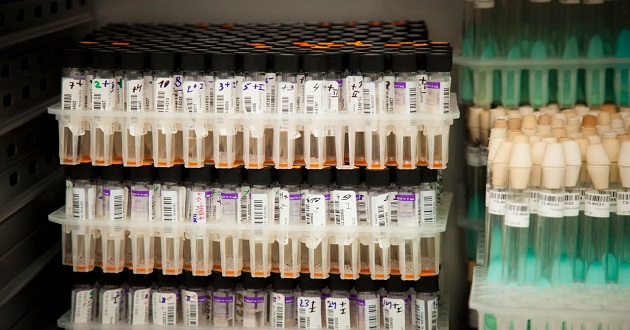
Glaxo Smith Kline (GSK) and Aeras announced today results of an ongoing Phase IIb trial of the investigational vaccine candidate M72/AS01E in a peer-reviewed article on The New England Journal of Medicine (NEJM). The results showed that administering two-doses of M72/AS01E to HIV-negative adults with evidence of latent tuberculosis (TB) infection was successful in reducing the development of active TB disease with 54% efficacy (90% CI, 13.9 to 75.4; 95% CI, 2.9 to 78.2; P = 0.04).
The study, conducted in Kenya, South Africa and Zambia showed protective efficacy during a two-year follow up. M72/AS01E is a subunit fusion protein vaccine derived from two Mycobacterium tuberculosis antigens (32A and 39A) with an adjuvant (AS01E) designed to provide protection against active TB disease. While the immunogenicity, safety and tolerability of this vaccine candidate appears favourable, report on the full assessment is expected as part of the final evaluation of the study in 2019.
"A positive signal from this study brings us one step closer to provide a promising solution for ending TB," said Dr. Martin Friede, a.i. Director of Immunization Vaccines and Biologics at the World Health Organization (WHO). Bacillus Calmette-Guerin (BCG) is presently the only available vaccine against TB, recommended for administration to neonates as part of the Expanded Programme on Immunization. While BCG provides moderate protection against severe forms of TB in infants and young children, it does not adequately protect adolescents and adults, who account for the majority of TB transmission. "We are hopeful that the positive results from this trial will prompt for a speedy phase 3 validation and accelerated clinical development of an effective vaccine."
The WHO’s End TB Strategy, which aims to end the global TB epidemic by 2030 has identified “Intensified research and innovation” as a key pillar in the fight against TB. In particular, the strategy articulates that additional tools must be available by the mid-2020s to end TB as a public health threat by 2035. In particular, a new vaccine that is effective pre- and post-exposure to reduce the number of new TB cases arising from the pool of approximately 1.7 billion people worldwide who are latently infected with Mycobacterium tuberculosis is critical to break the trajectory of the TB epidemic.
“Despite the compelling global health need for a new vaccine, progress in vaccine development is significantly diminished because of the considerable and sustained resources needed to support and enhance the full continuum of R&D” said Dr Tereza Kasaeva, Director of the WHO’s Global TB Programme “We congratulate GSK and Aeras on a successful collaboration in bringing this positive result forward, and now call for strengthened engagement of public health actors to progress the field of TB vaccines.”
Vaccines are one of the most successful and effective public health interventions to reduce and even eradicate life-threatening infectious diseases. The WHO will soon issue a Q&A to inform stakeholders on the Organization’s position regarding the next steps.
